Years 3/4
Middle School

Years 3/4
Middle School
This term we are excited to begin our kitchen lessons following our focus on gardening in Term One. A reminder that long hair must be tied back, and watches/bracelets need to be removed. Each week's recipes will be uploaded to Google Classroom for families who would like to try them at home. Thank you to all families for supporting the homework projects last term. We really enjoyed the students' presentations and providing them with feedback using our assessment rubric. As of the first of May, students will no longer need their school hats. Put them somewhere safe so you can find them in September.
Mathematics
In Term 2, the Year 3/4 students will consolidate their understanding of place value and the base 10 system. Further classroom instruction will focus on developing key mathematical concepts in the areas of money, a range of strategies for addition and subtraction, regrouping when counting forwards and backwards by tens and hundreds, measuring length in centimeters (cm) and millimeters (mm), and converting between these units.
Throughout the term, students will continue developing their abilities with the four key proficiencies in Mathematics: Understanding, Fluency, Problem-Solving, and Reasoning. These proficiencies will support their ability to apply mathematical concepts both in the classroom and in real-life situations.
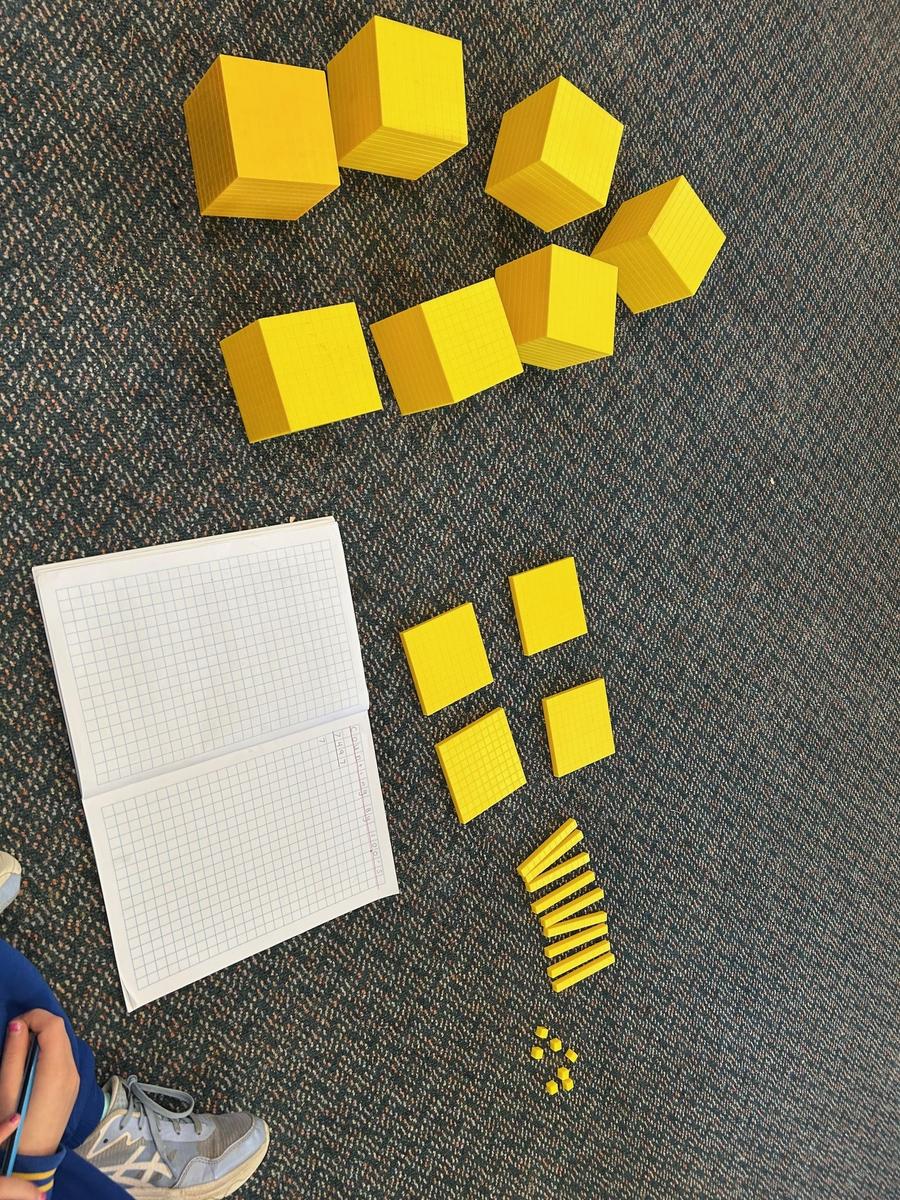
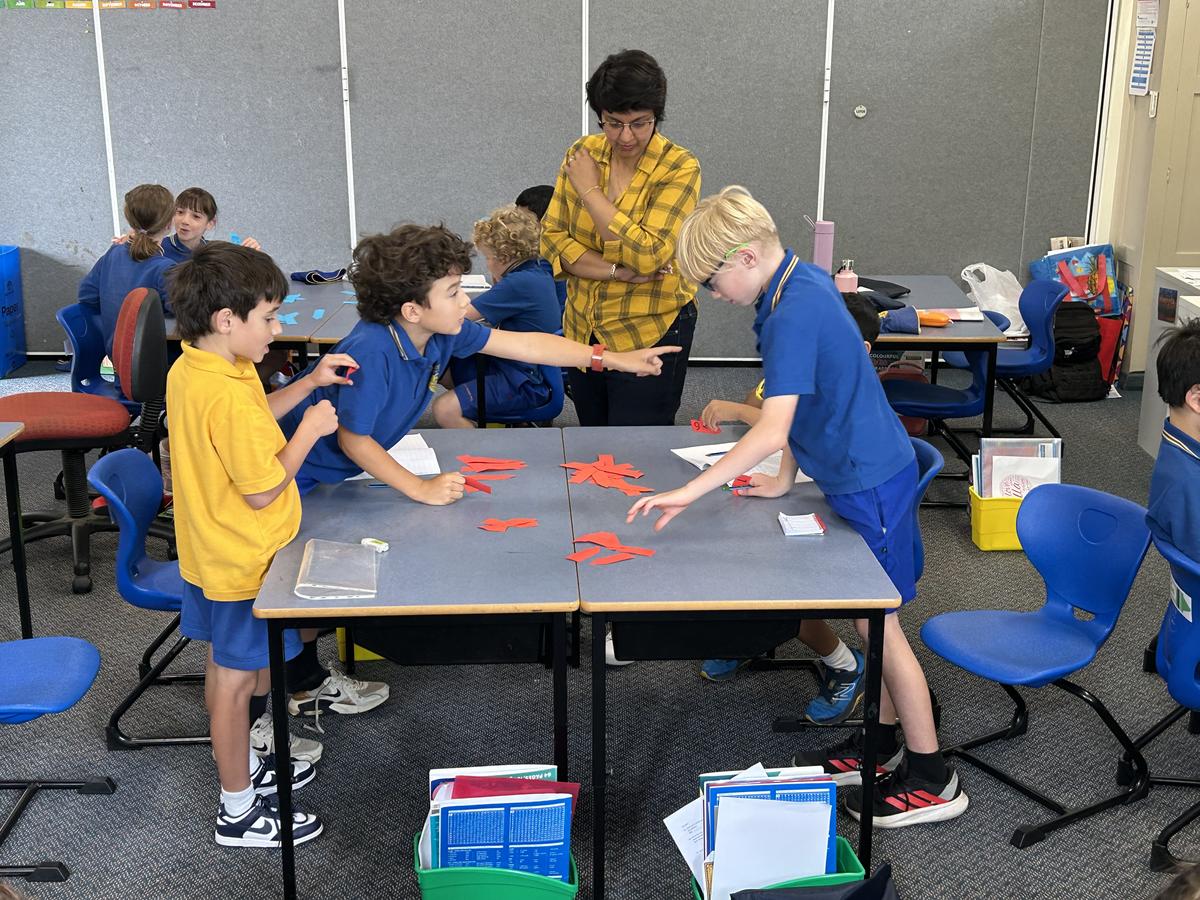
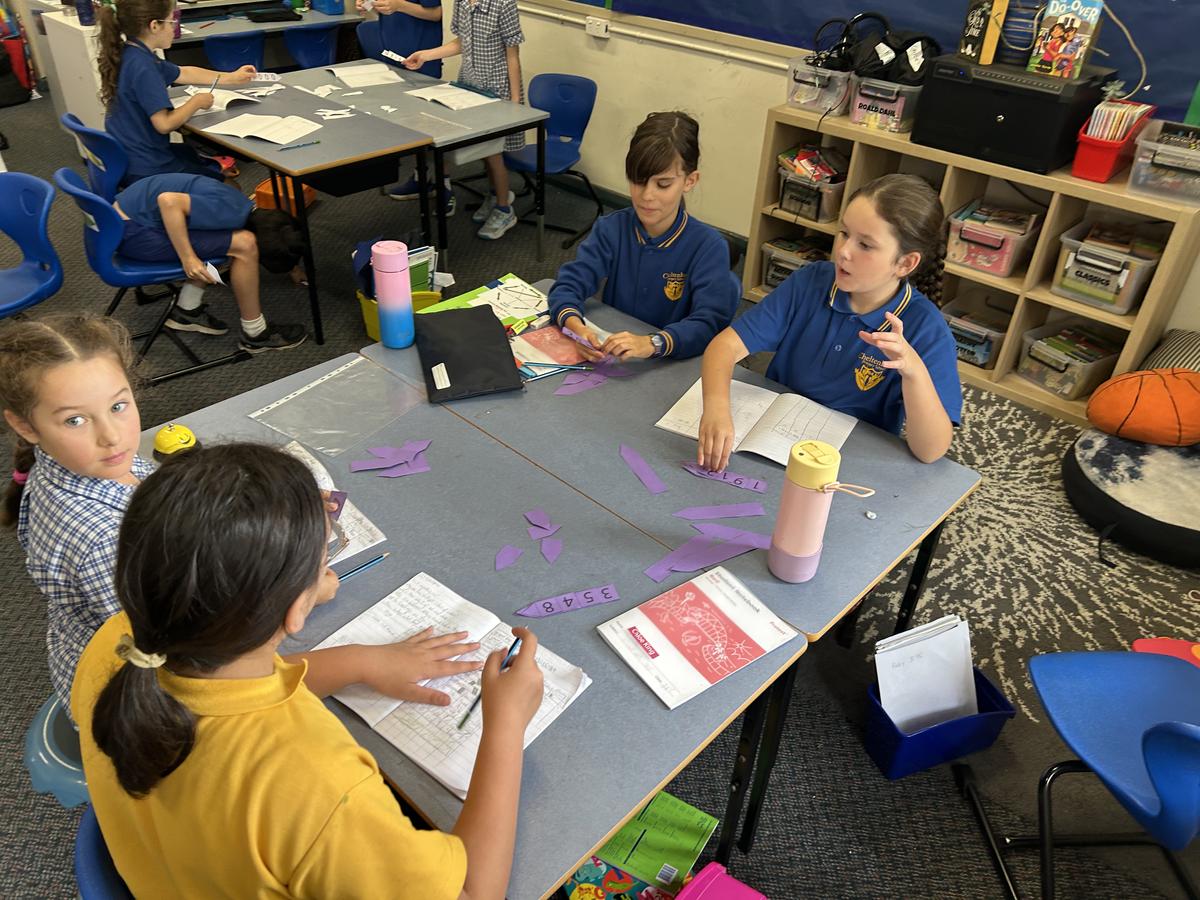
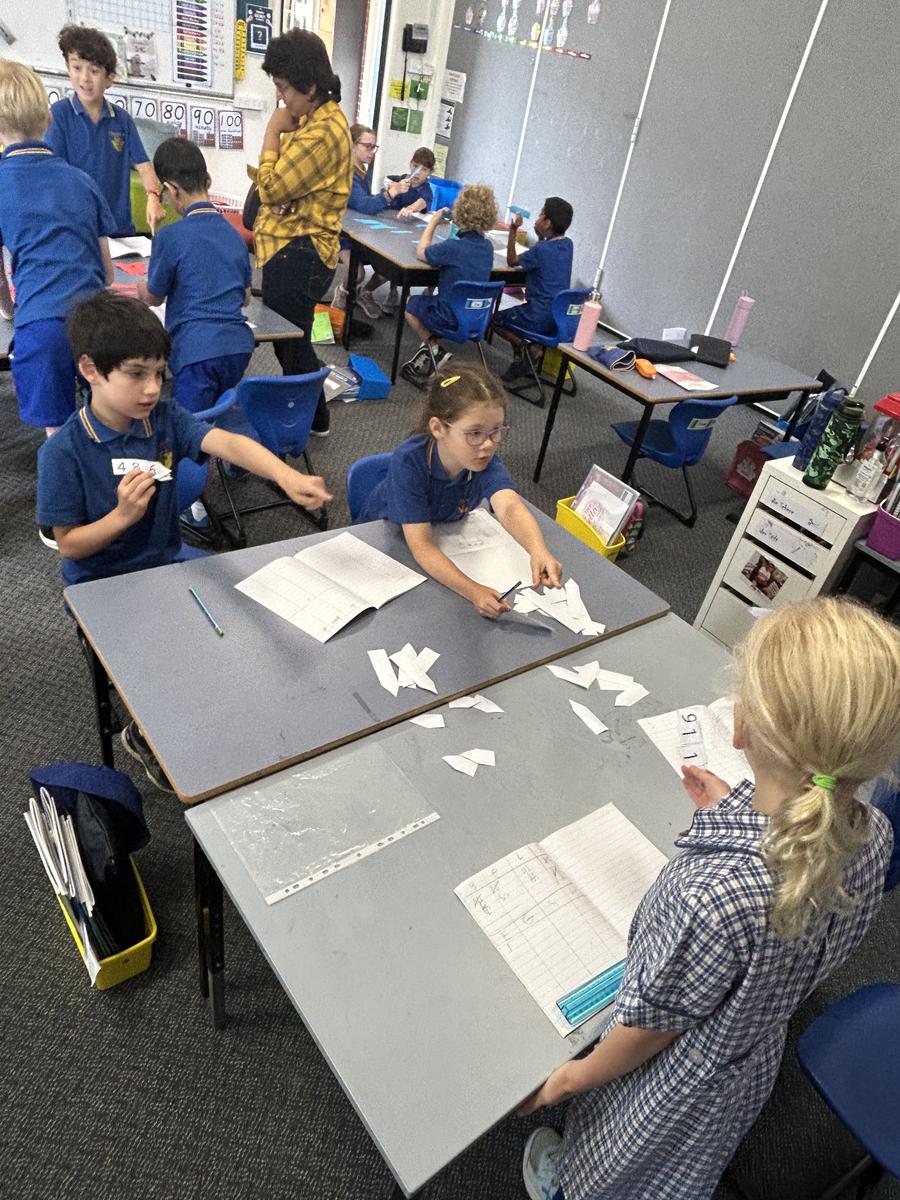
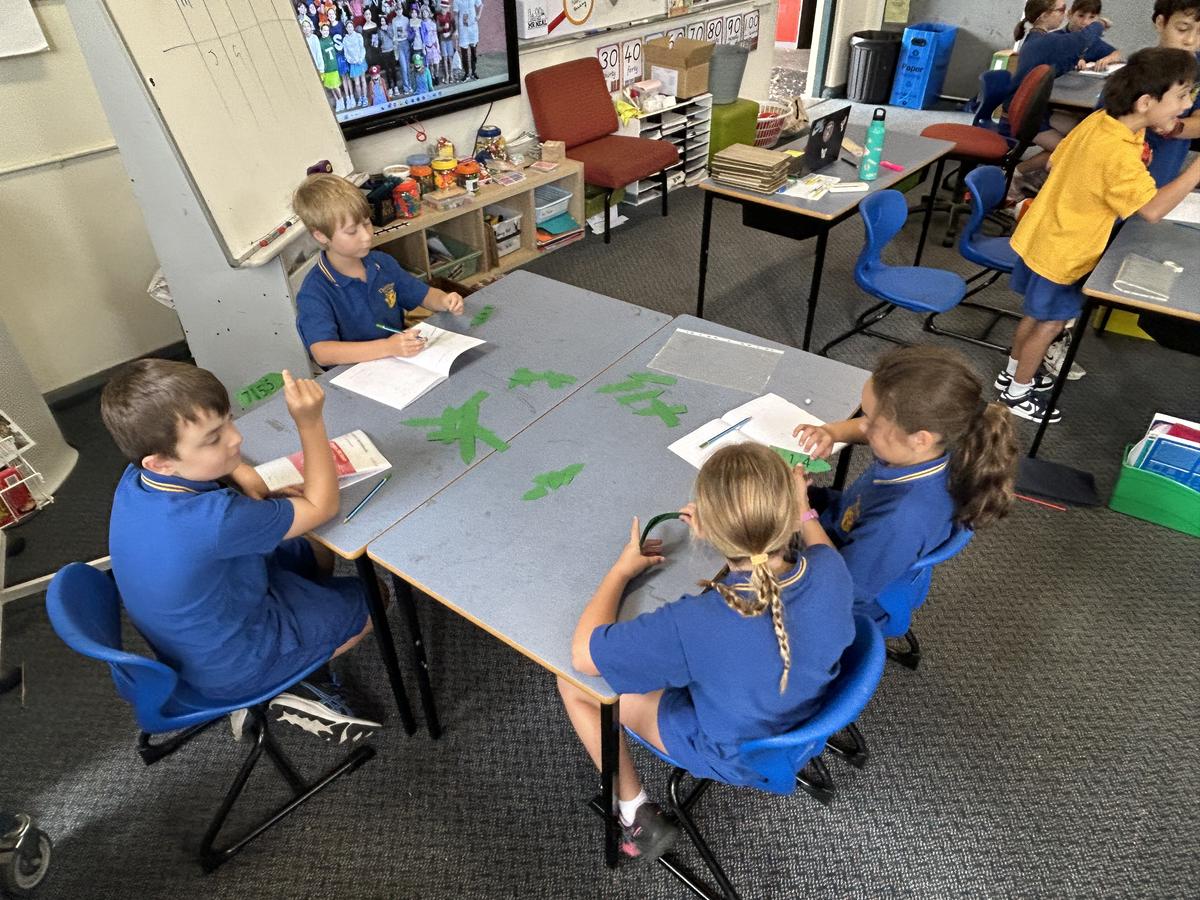





Literacy - Reader’s Workshop
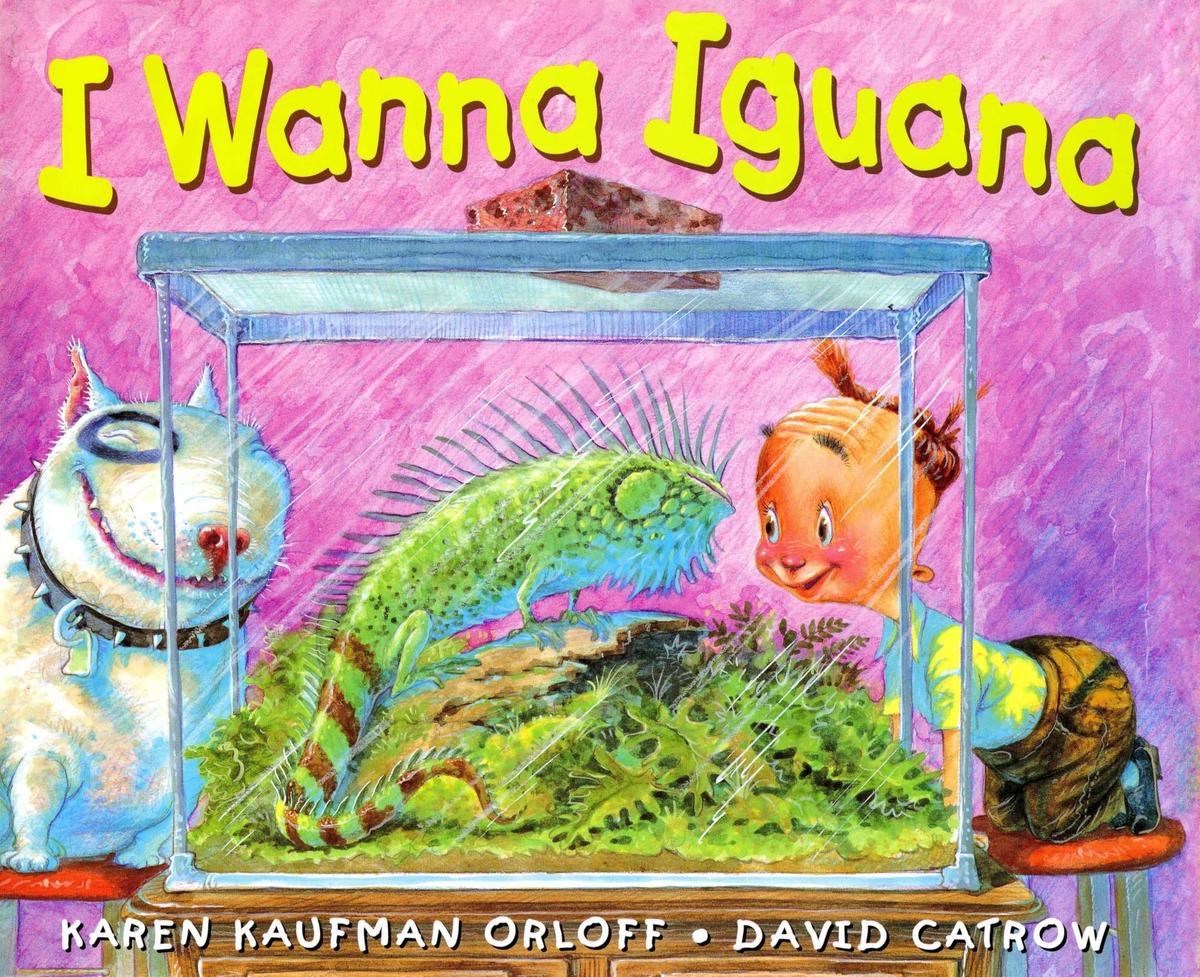

In Term 2, our Year 3/4 students will read a range of engaging mentor texts, beginning with I Wanna Iguana by Karen Kaufman Orloff. This humorous story, told through a series of persuasive letters between a mother and son, has sparked rich discussions around argument and persuasion. Students have been identifying the main arguments and supporting details, while exploring persuasive devices such as emotive language, modal verbs, and rhetorical questions. These techniques have not only deepened their understanding of the text but also strengthened their own persuasive writing as they have been working on crafting letters about the benefits of healthy snacks and physical activity. As the persuasive writing unit wraps up, students will begin exploring texts focused on ideas, designing, and inventing—perfect preparation for their upcoming STEAM project linked to our inquiry unit.
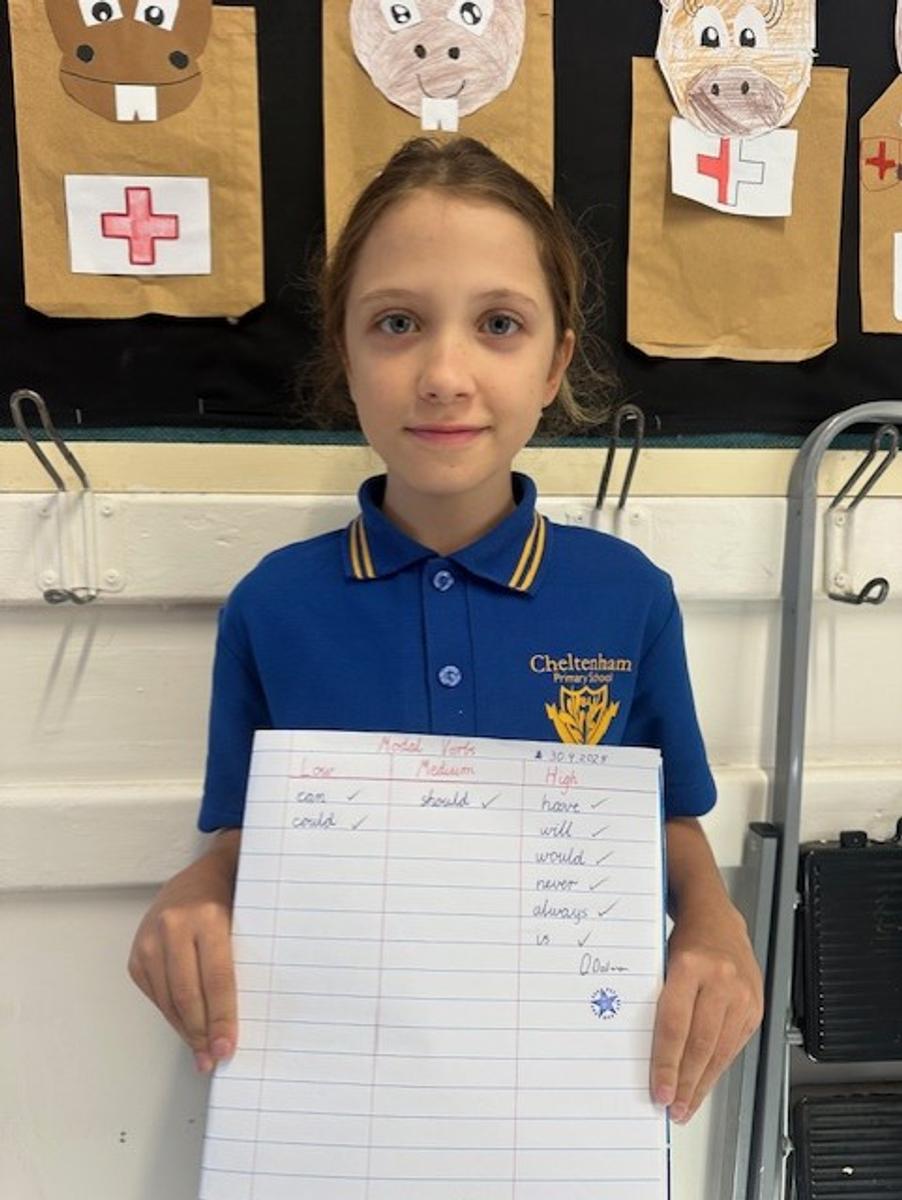
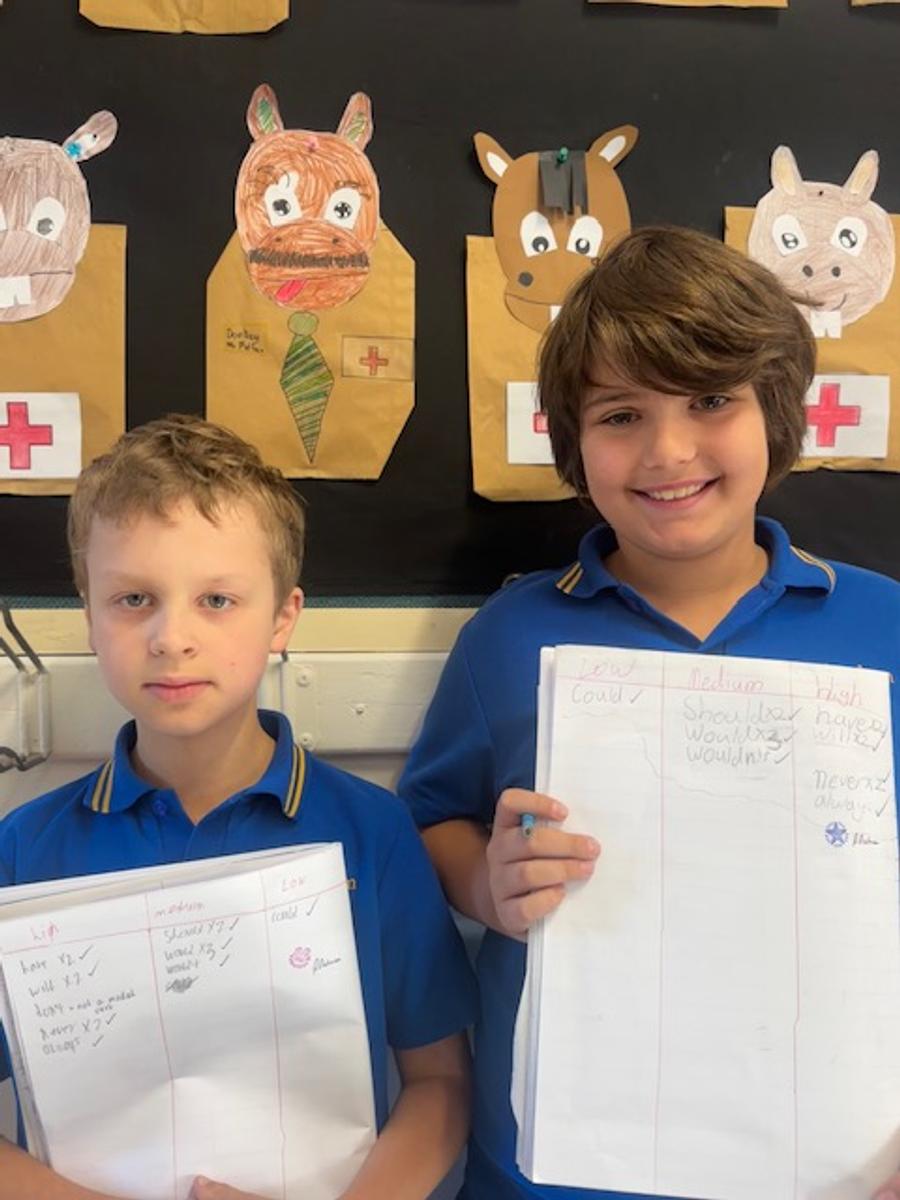
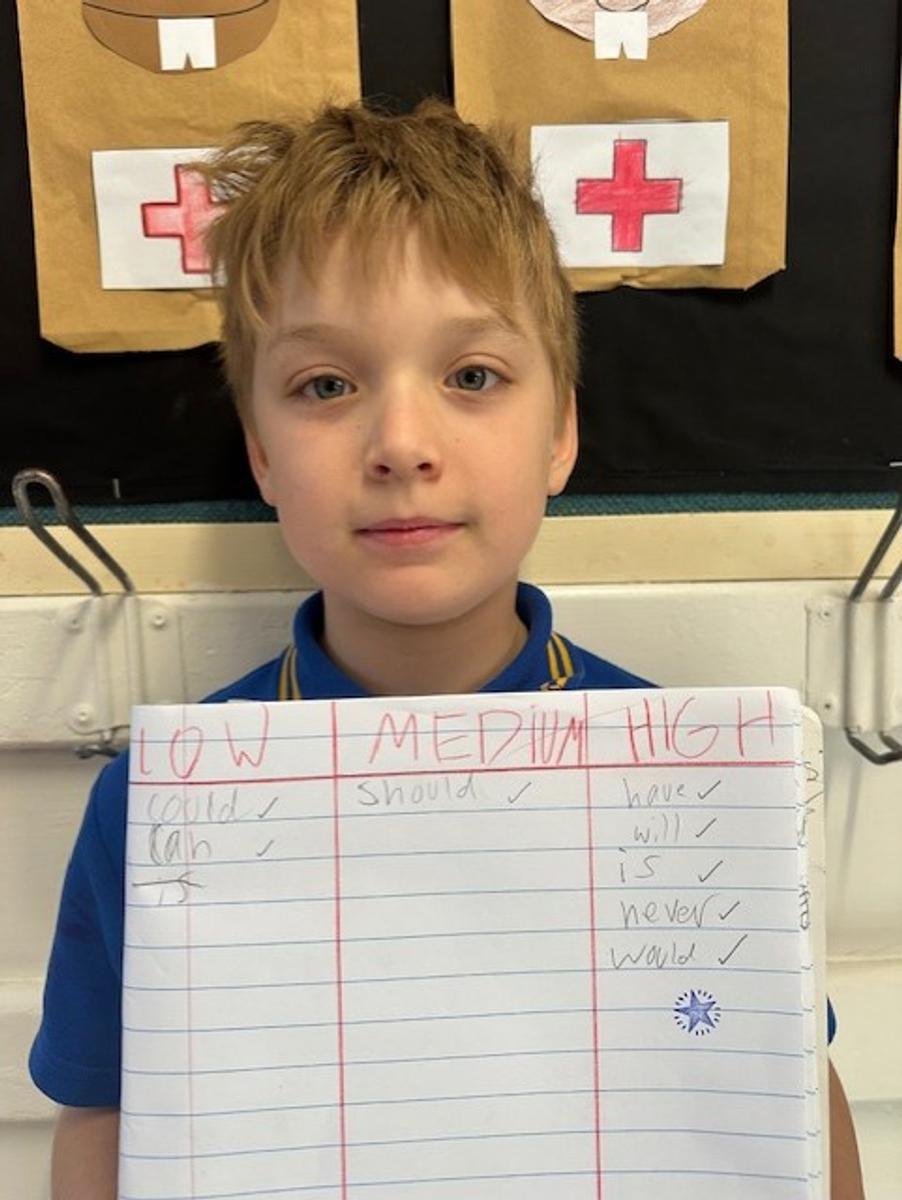



Literacy - Writer's Workshop
In Writer’s Workshop, students will use mentor texts such as The Boy Who Harnessed the Wind and Little People, Big Dreams to inspire their writing as they research and create a biography of an inventor of their choice. They will develop their understanding of informative text structure by organising ideas into well-sequenced paragraphs with clear topic sentences and supporting details. Students will gather and integrate information from multiple sources, apply precise and topic-specific vocabulary, and make thoughtful grammar choices to enhance meaning. They will revise their work for clarity and cohesion, using TAG feedback from peers to refine their writing. In addition to biographical writing, students will collaborate in small groups to write explanations of their STEAM project games.
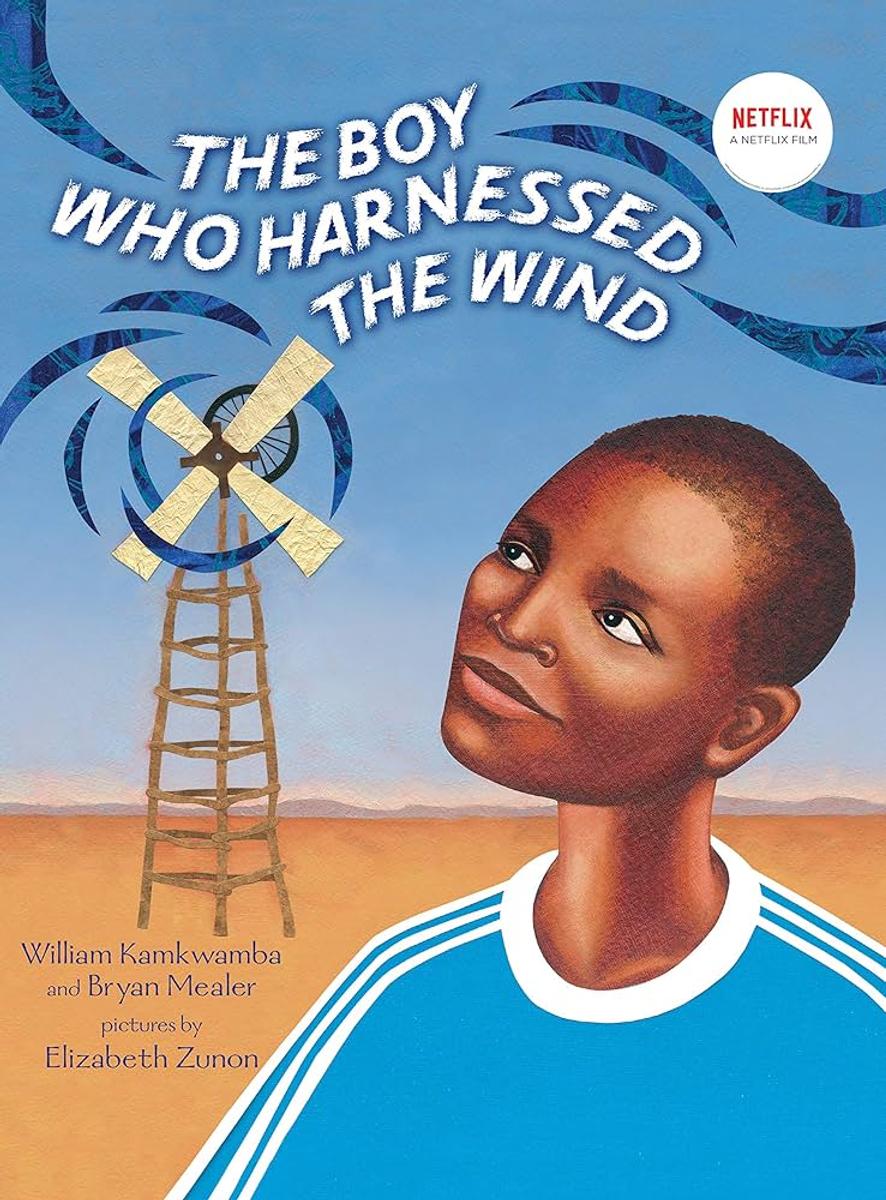
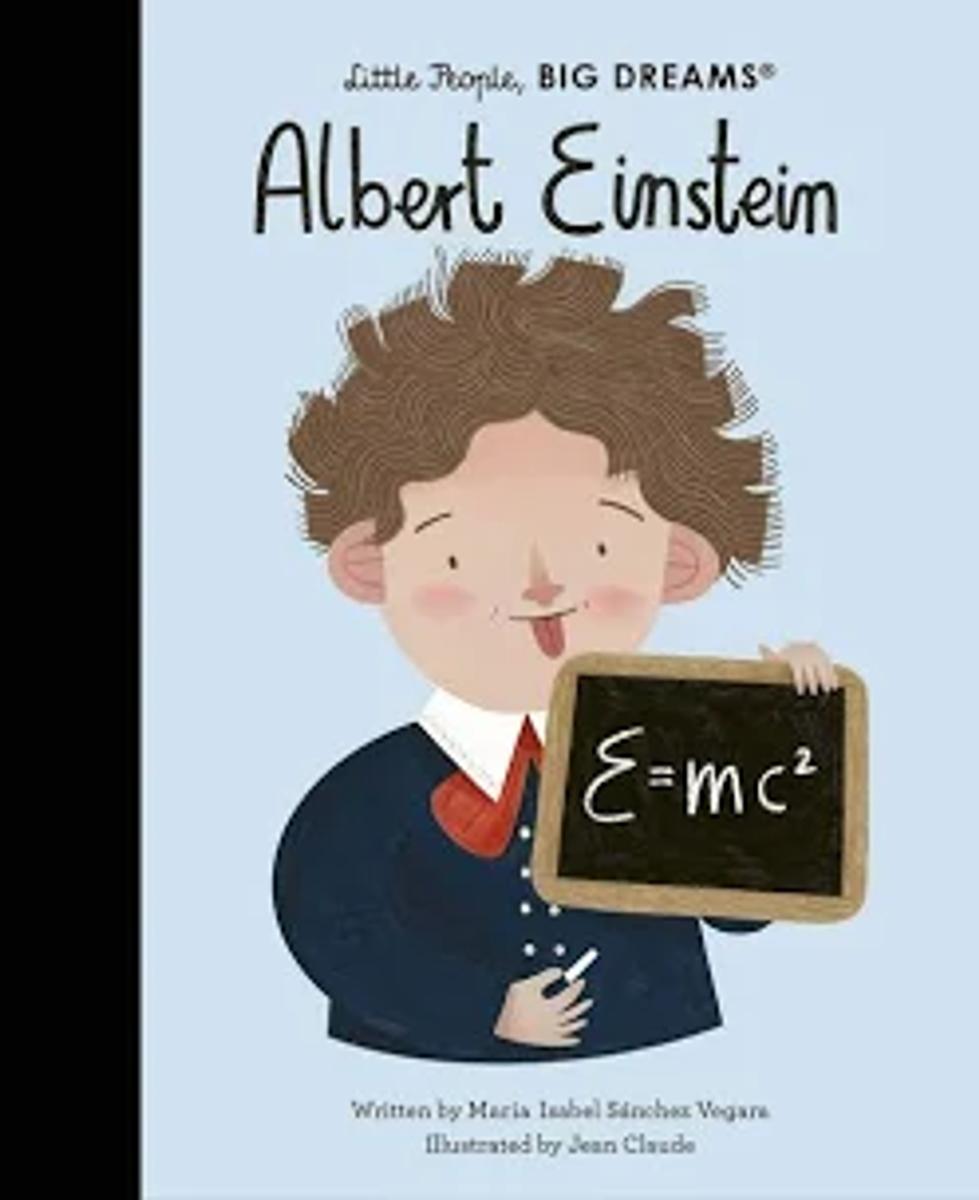
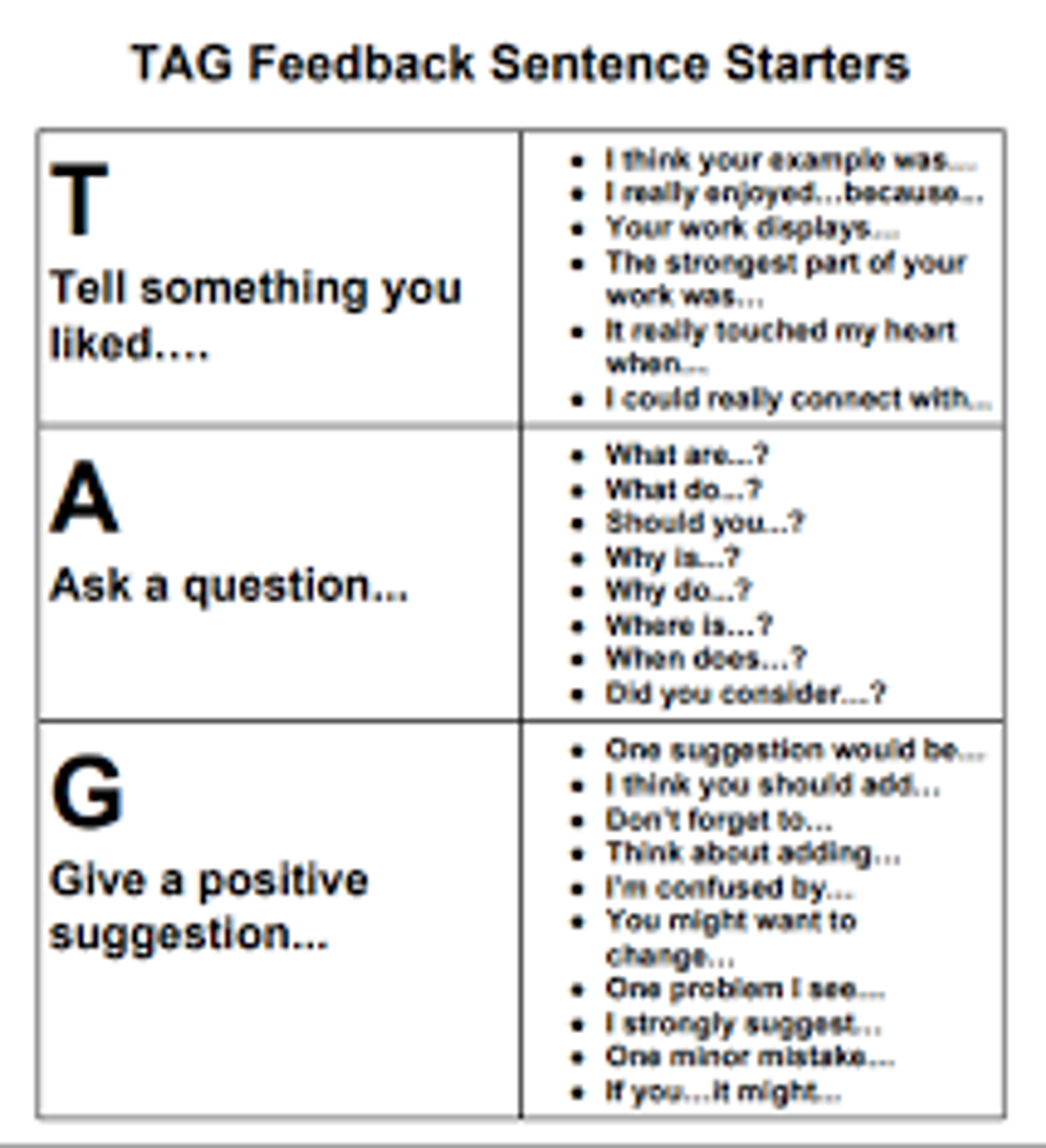



Inquiry - S.T.E.A.M.
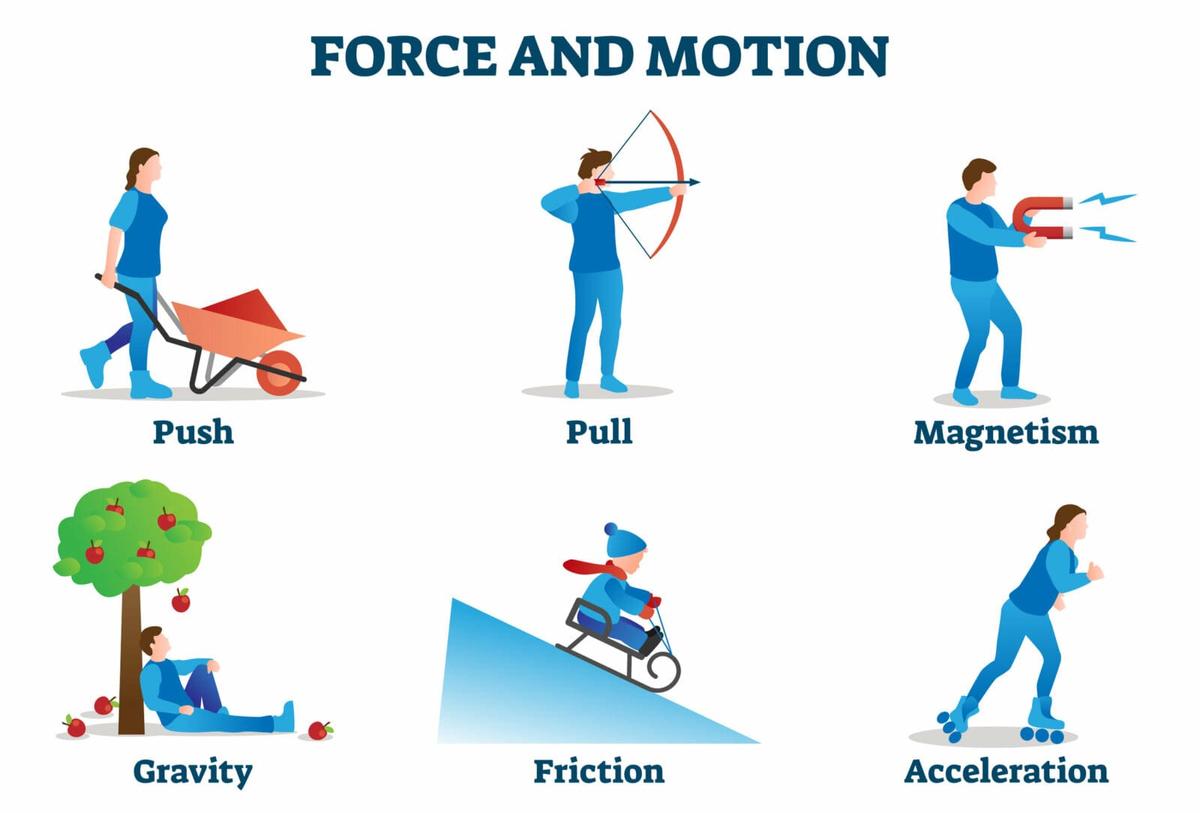

This term, our Year 3 and 4 students are launching into an exciting new STEAM unit all about Forces and Motion! Through hands-on investigations, experiments, creative challenges and an incursion, students will explore how forces impact the way objects move. We will be looking into the following forces and motions: push, pull, gravity, friction, magnetism, and acceleration.
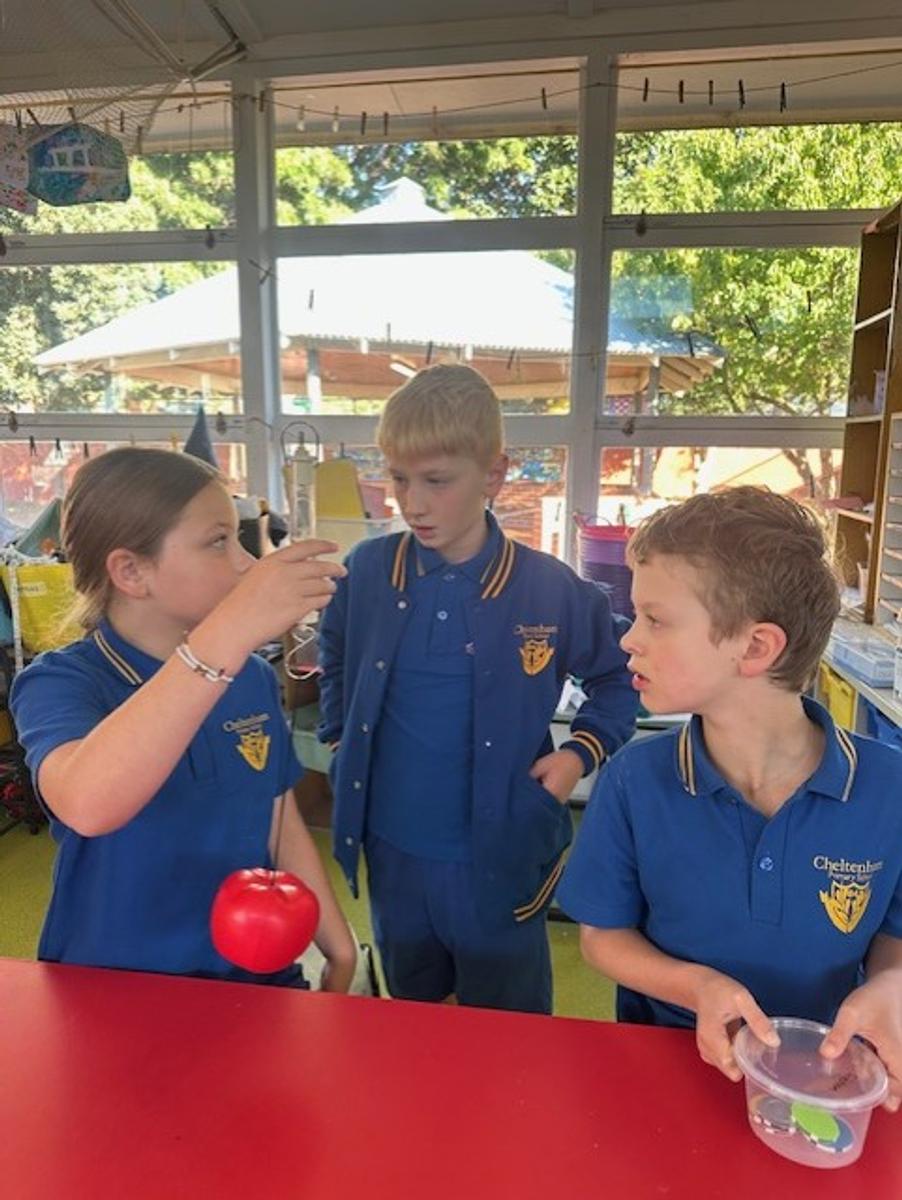

Over the term, students will be provided with an Earth Hour Game Challenge where they are encouraged to switch off their screen, power up their imaginations and create their own handheld game from recycled materials. Accompanied with the driving question; ‘How do we create a game that includes forces and motions?’
Students will brainstorm, plan, test, and refine their ideas using the engineering design process. They will be encouraged to think creatively, work collaboratively, and apply their scientific knowledge to solve problems in new and exciting ways. There will also be opportunities for students to showcase their prototypes and receive feedback from their peers.
We look forward to seeing the generation of student ideas come to life over the term, and look forward to showing you at the STEAM expo later in the year.
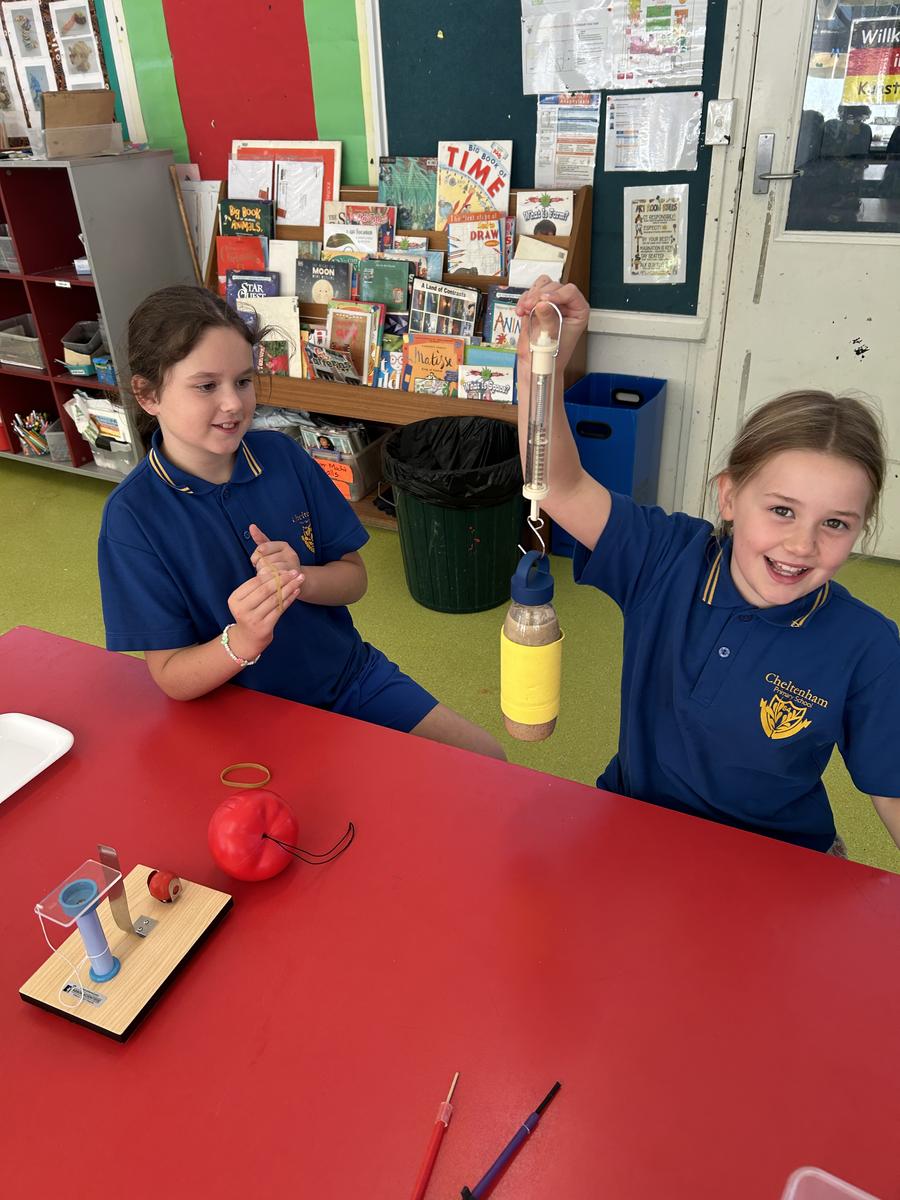
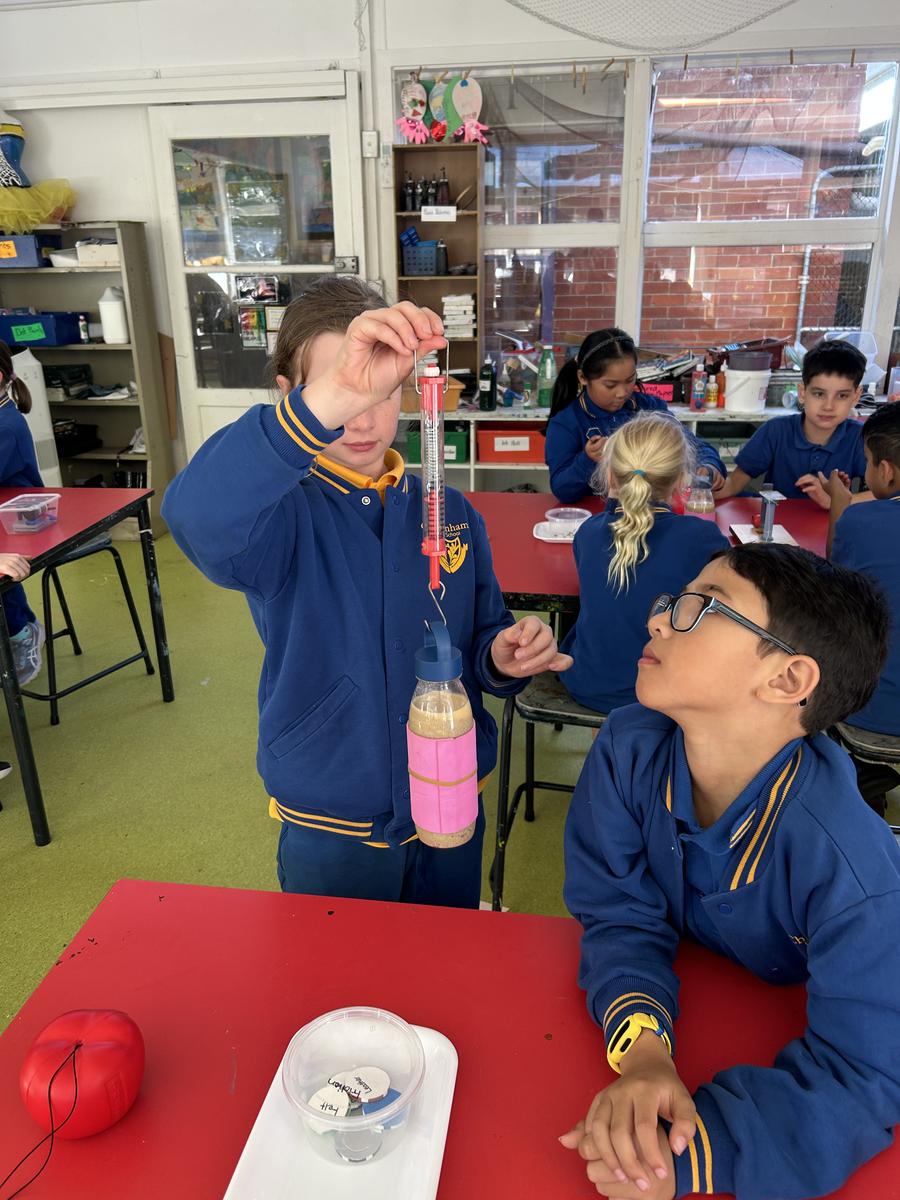
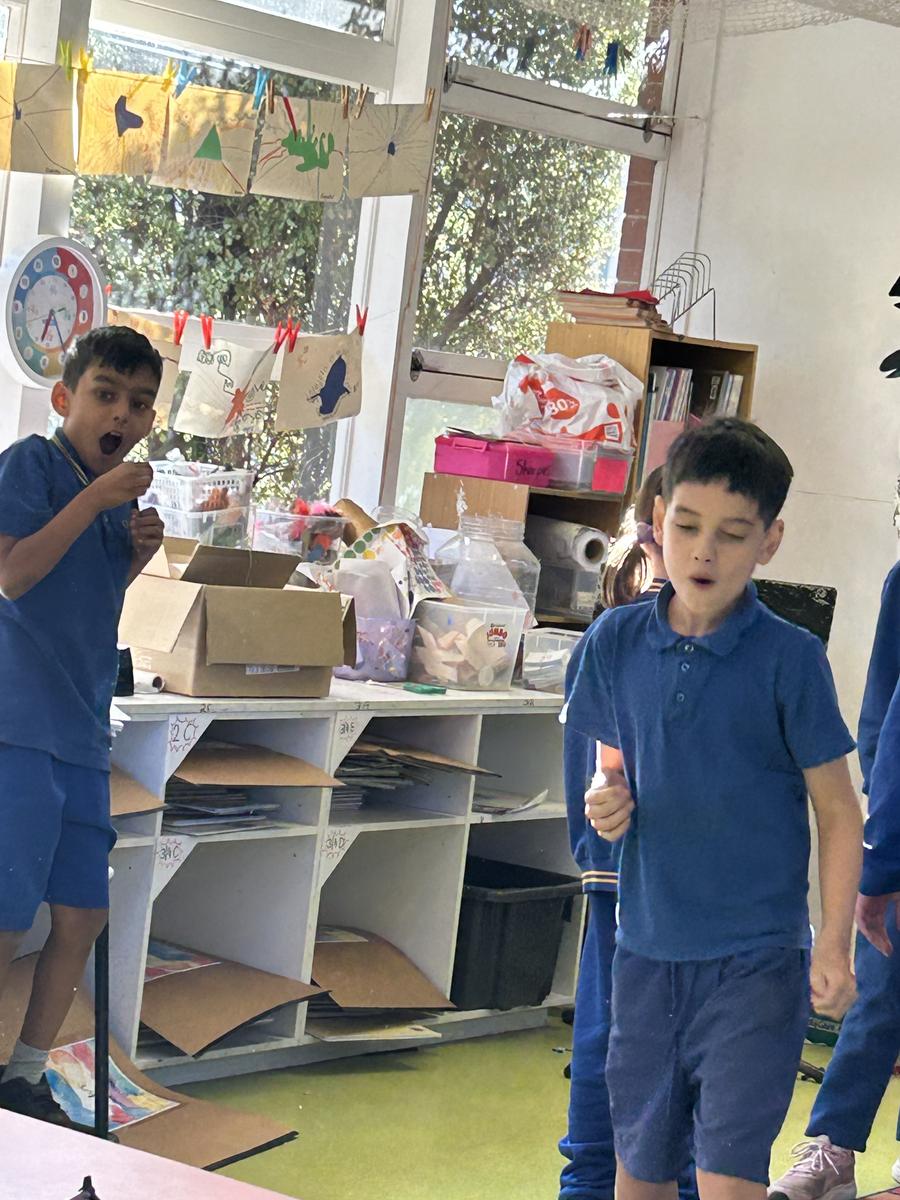
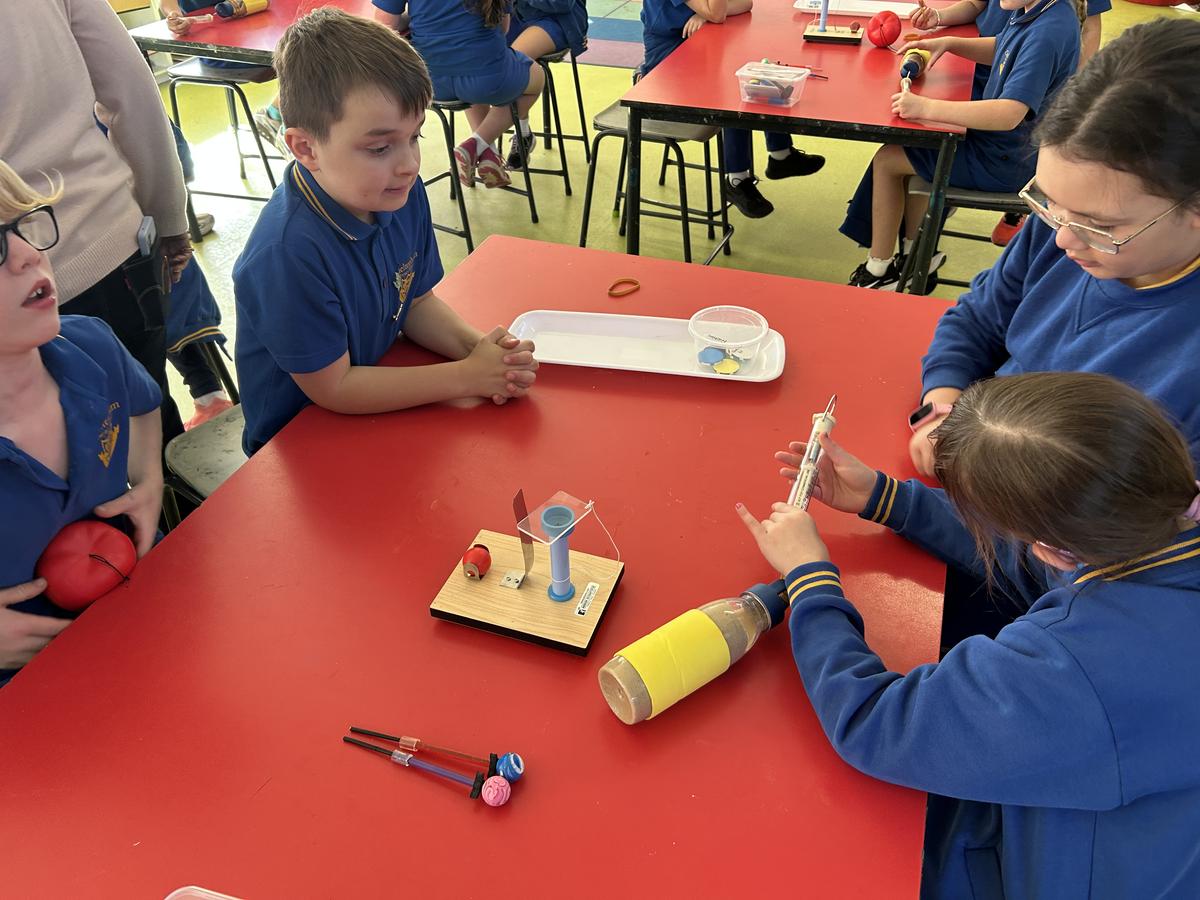
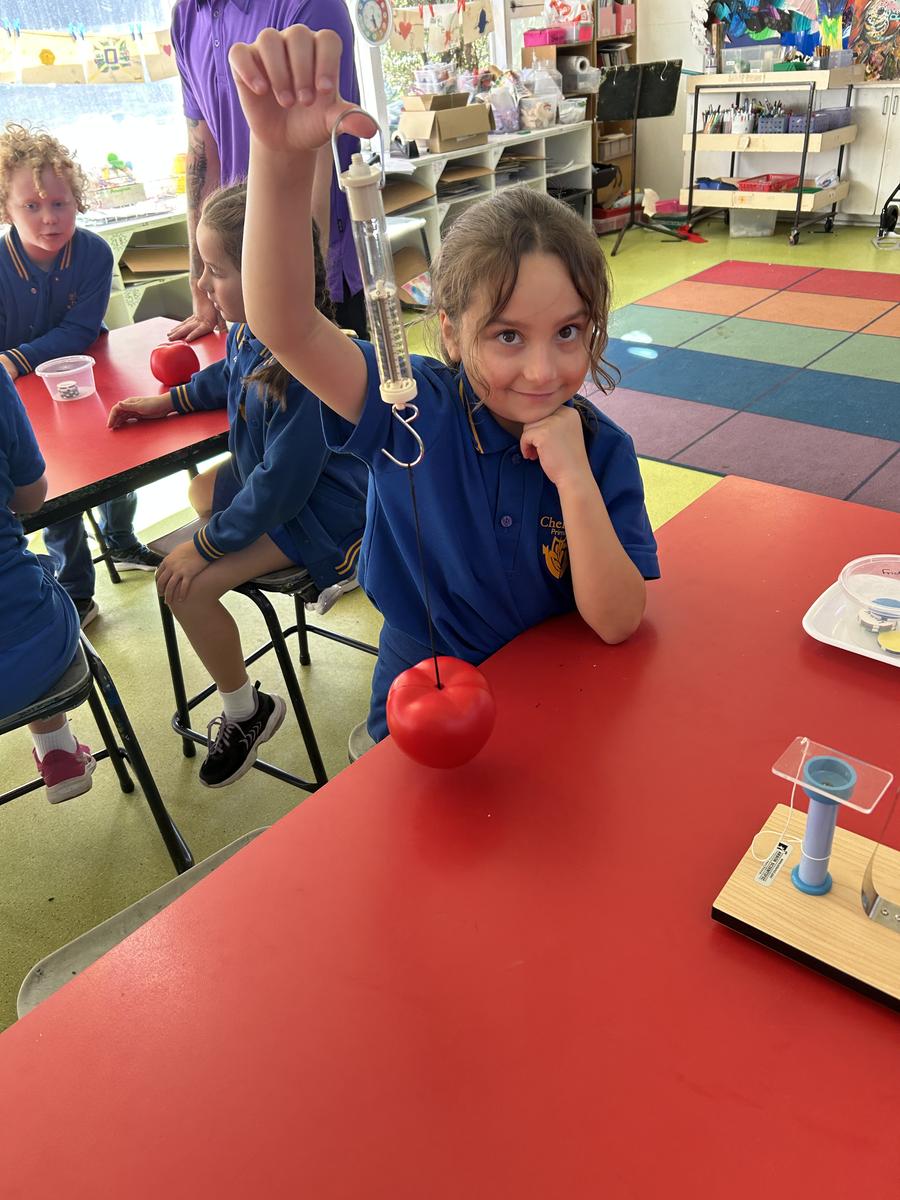
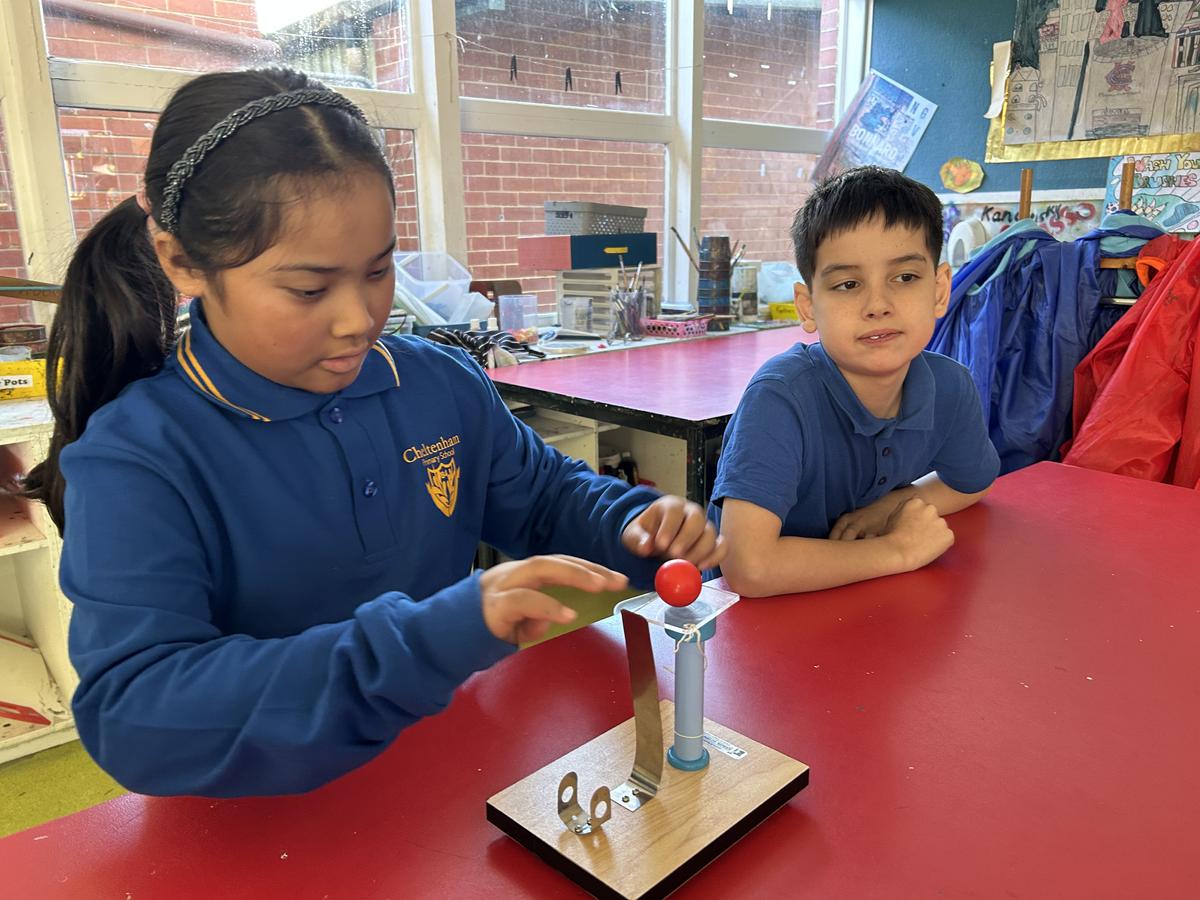






Homework
For take home books, students can continue reading their library books (from main or classroom library) at home for 10-20 minutes, 3-4 times a week. Some students may also come home with decodable texts to read as a take home reader. In Year 3/4, it is expected that parents have sighted their child reading at home and have signed their diaries by Thursday each week. That way when students come to school on a Friday, teachers can check diaries and provide dojo points/house points for students who are reading at home.
For revision, here are some effective strategies to practice addition and subtraction with your child at home:
Doubles: Practice adding the same number to itself (e.g., 4 + 4, 6 + 6, 9 + 9). This helps build a strong foundation for more complex addition.
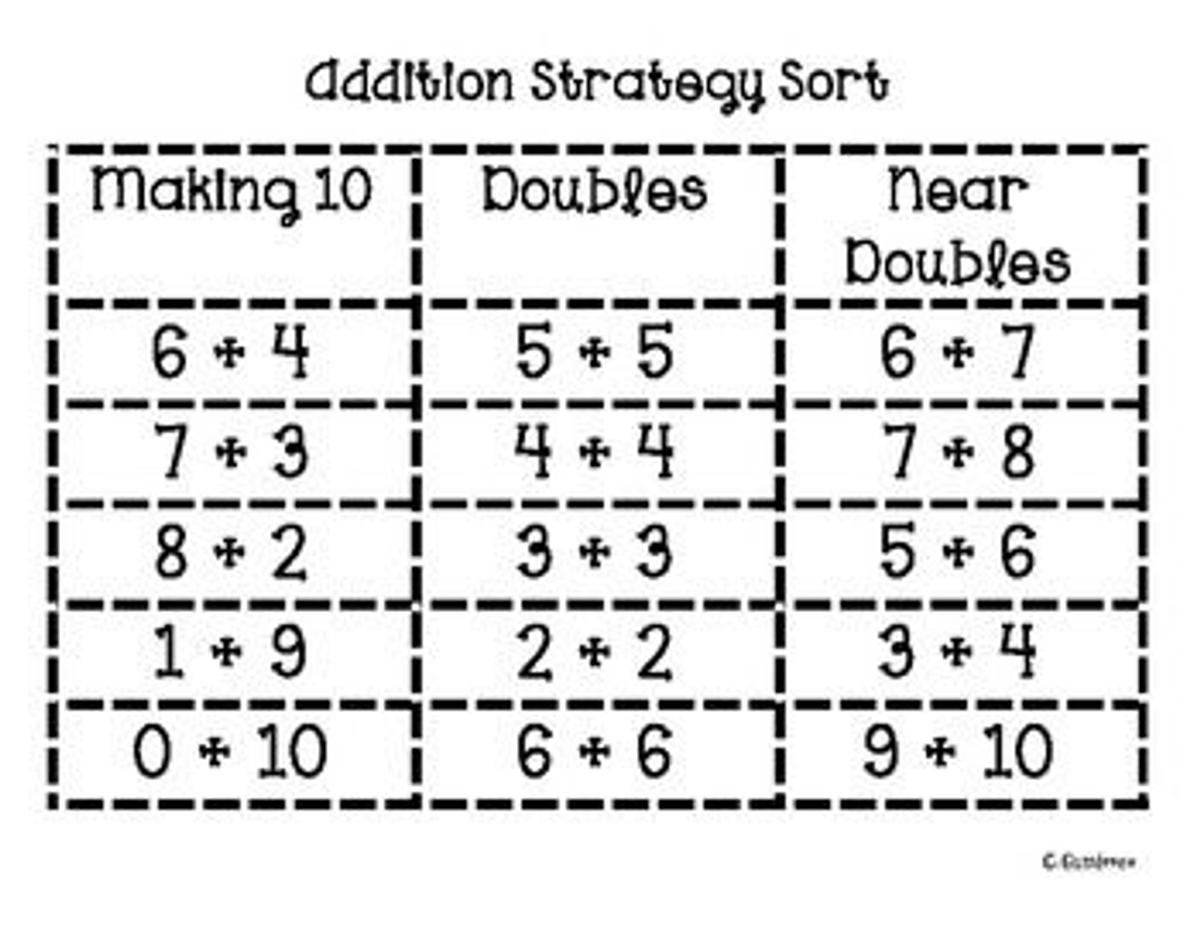

Near Doubles: If your child knows 6 + 6 = 12, they can quickly calculate 6 + 7 (just one more) to get 13. For 7 + 8, subtract 1 from 16 to get 15.
Build to 10: For problems like 8 + 3, have your child add 2 to reach 10, then add the remaining 1 to get 11. This helps develop number relationships and problem-solving efficiency.
Addition of 1: Practice adding 1 to numbers like 23, 46, or 98. This simple strategy builds fluency and confidence.
Number Line Jumping (For Larger Numbers): Start at a larger number (e.g., 2485) and have your child jump forward in increments of 10, 100 or 1000 (e.g., 2485 + 1000 = 3485). This strategy helps strengthen place value understanding and supports adding larger numbers mentally.
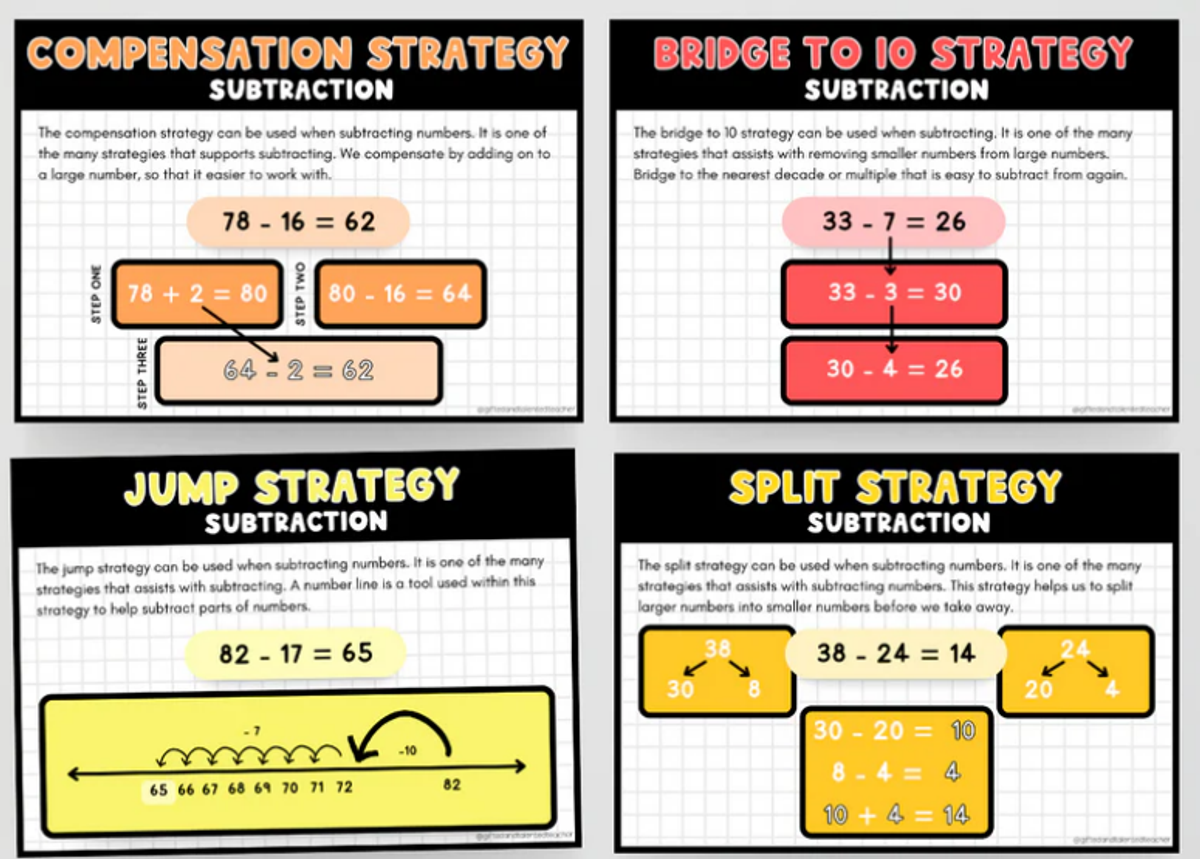

Partitioning Numbers: For multi-digit addition like 47 + 36, break the numbers into smaller parts (40 + 30 and 7 + 6), then combine the totals. This helps simplify complex addition problems.
Compensation Strategy: For numbers like 48 + 35, round one number to a multiple of 10 (e.g., 50) and then adjust the result by subtracting the extra (e.g., 50 + 35 = 85, then subtract 2 to get 83). This strategy is great for handling larger numbers efficiently.
These strategies, when practiced regularly at home, will help your child become more confident and skilled in addition and subtraction.
Your child can also challenge themselves by applying these strategies to multi-digit numbers for a more advanced practice at home. For example, when practicing near doubles, they could work with numbers like 250 + 260. They can break it down as 250 + 250 + 10, making it easier to solve. This approach helps develop their mental math skills and boosts confidence when working with larger numbers.
Notes/reminders
Term 2 Important Dates:
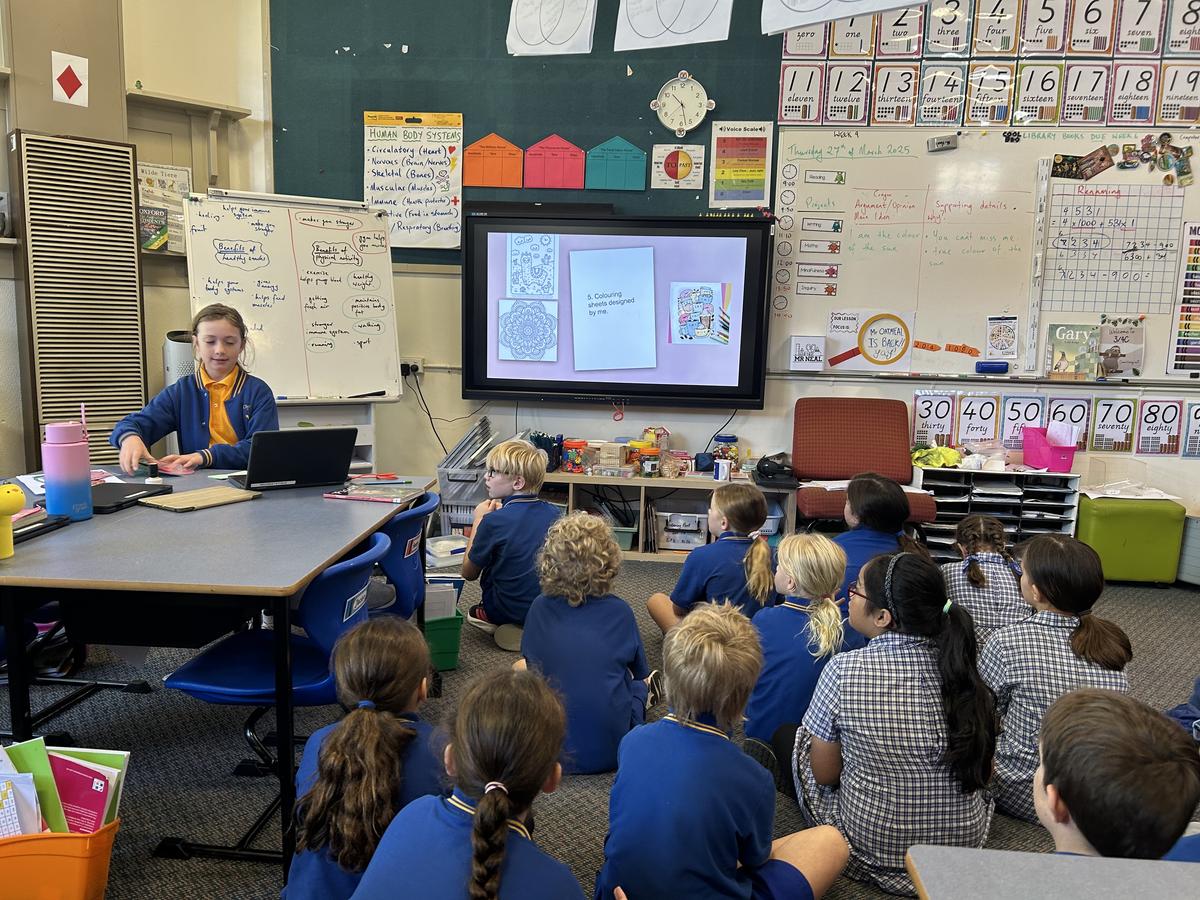
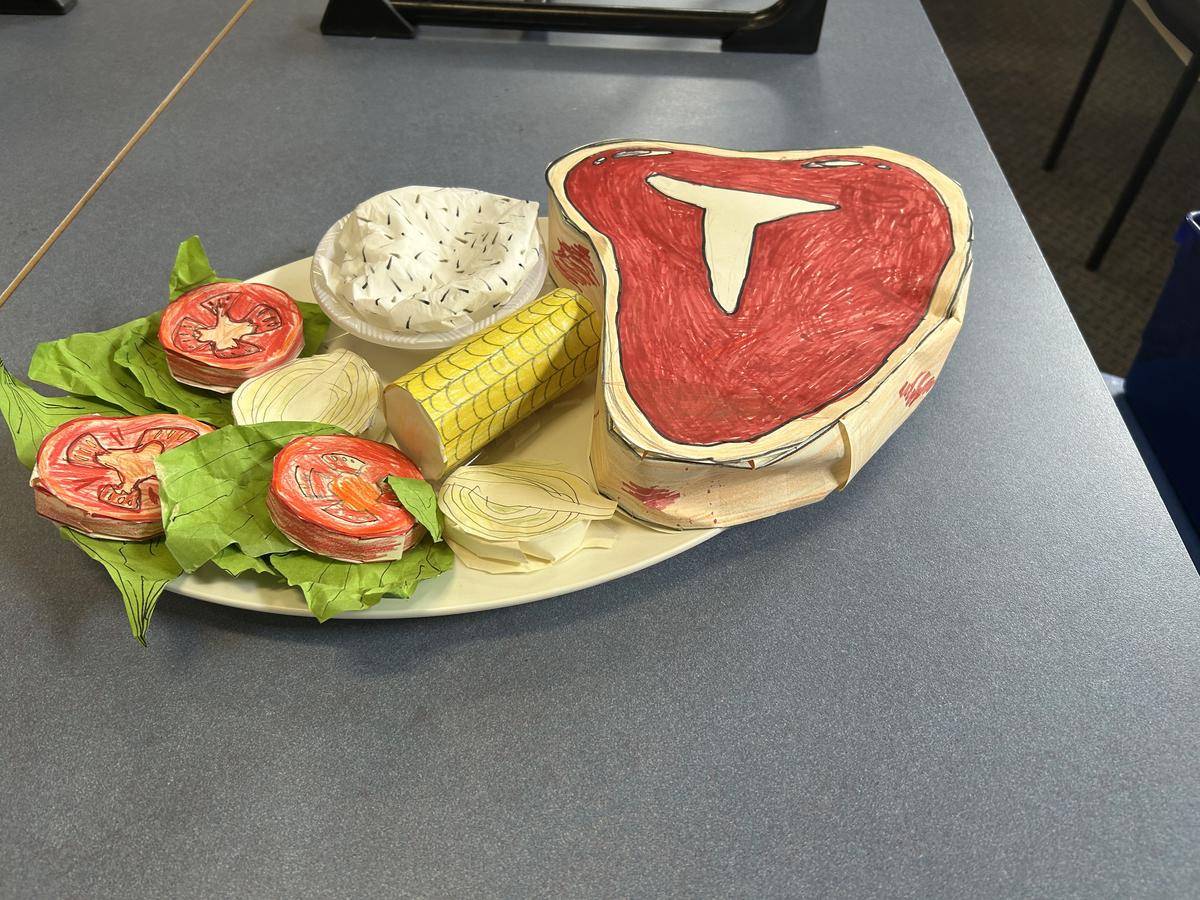
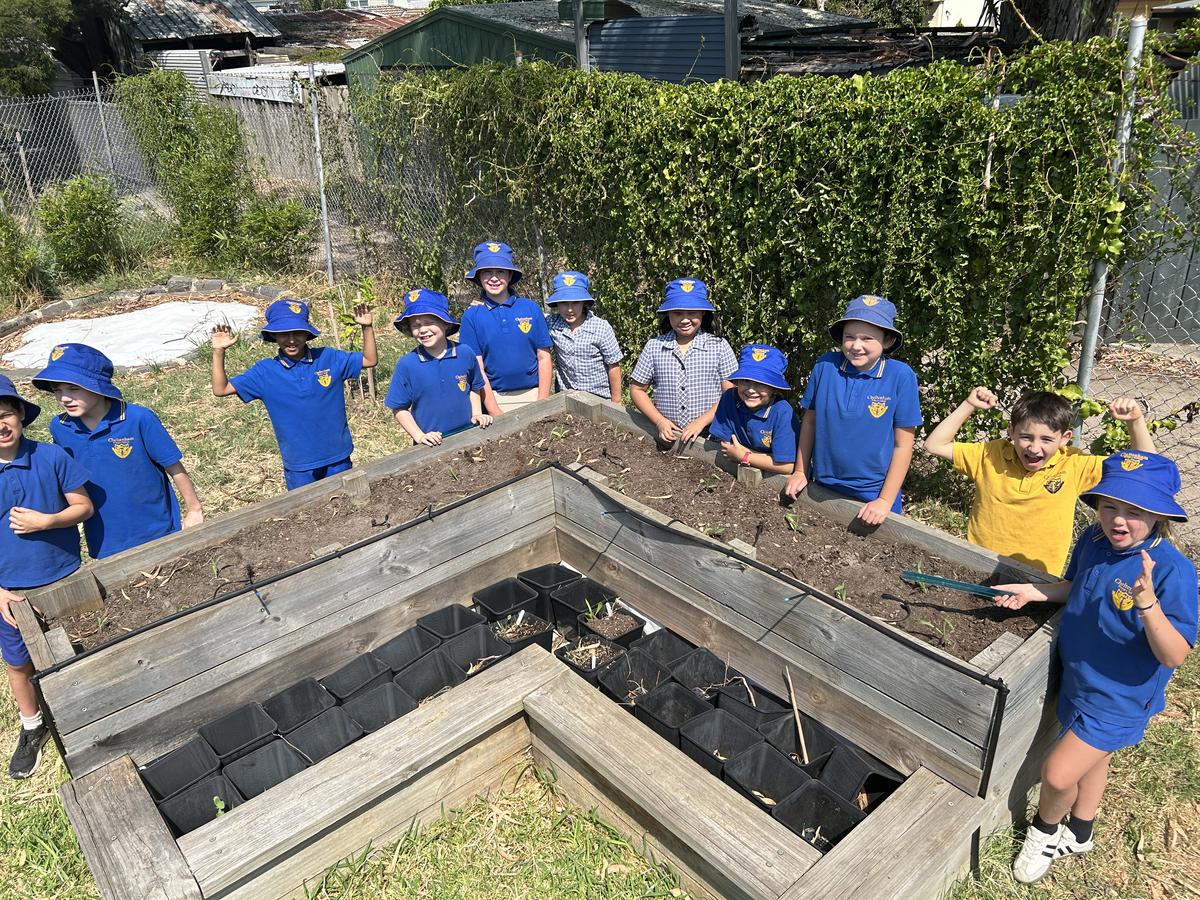
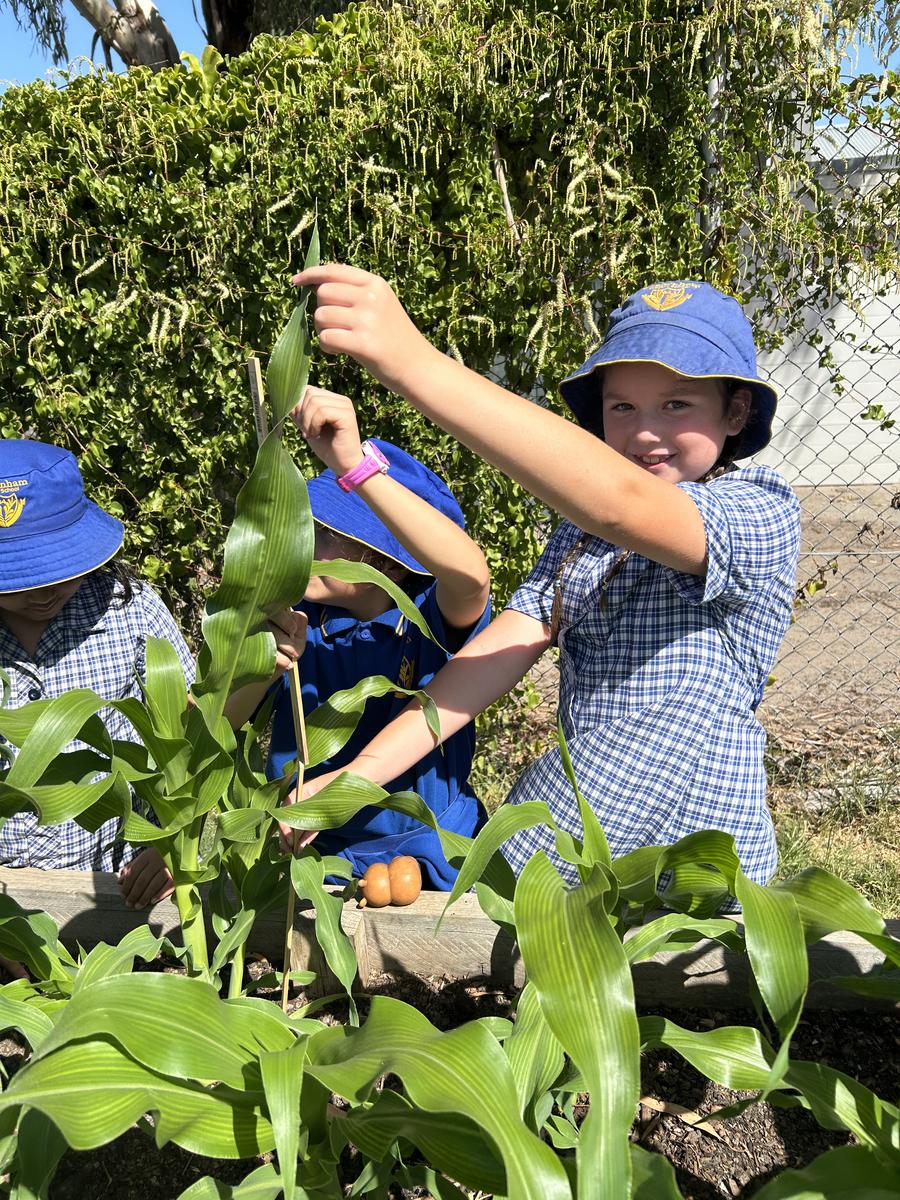
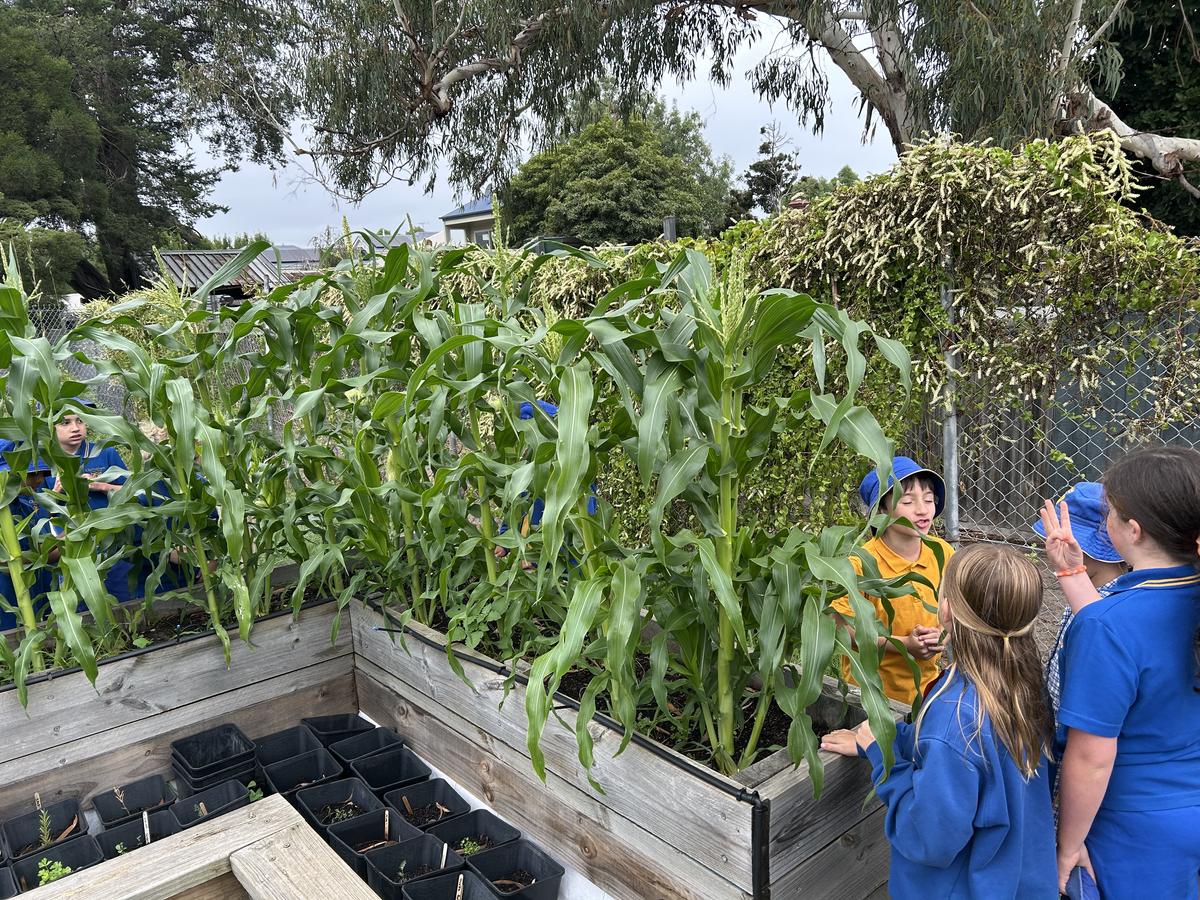





All further updates throughout the term will also be in the School Newsletter and through the Compass app.
If you have any questions, or need to contact your child's teacher, please don't hesitate. Here's to a wonderful Term 2.
Kind Regards,
The Middle School Team
Rhiannon Dalman, Catie Mytton, Michael Neal, Kim Ng & Tom Perkin.